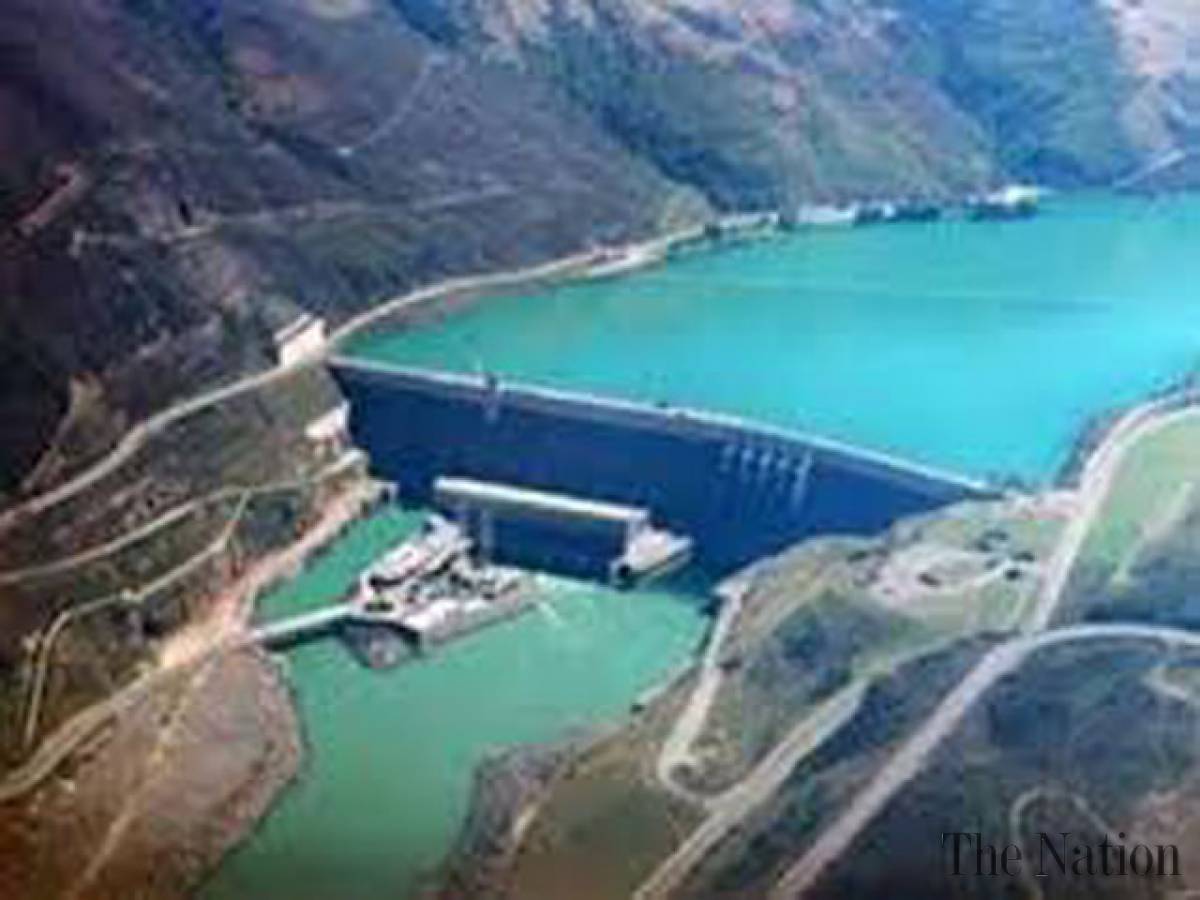As a good omen for Diamer Basha Dam, an old dispute between Thor and Herban tribes has been resolved finally. This will pave positive ways for settlement of geographic dispute between between Gilgit Baltistan and Khyber Pakhtunkhwa. This historic announcement was made by Thor-Herban Grand Jirga, mandated for settlement of the dispute, in a ceremony held today at Diamer Basha Dam Project site.Addressing the ceremony, WAPDA Chairmen thanked the Grand Jirga for settlement of the boundary dispute between Thor and Herban tribes. He also appreciated the tedious efforts made by the civil administrations of Gilgit Baltistan and Kyber pakhtunkhwa and Land Acquisition and Resettlement WAPDA in facilitating the Grand Jirga to arise to the historic resettlement. Thor-Herban Grand Jirga was constituted way back in end 2019 to resolve the thorny issue of boundary dispute between the two tribes. The 26-Member Grand Jirga – comprised of 13 Members each from Diamer District of Giligit Baltistan and Upper Kohistan District of Khyber Pakhtunkhwa including elders and religious scholars – had a series of detailed deliberations during the last two years. The Grand Jirga was fully facilitated by the civil administrations of Gilgit Baltistan and Khyber Pakhtunkhwa and WAPDA during their course of deliberations.In line with the decisions made by the Grand Jirga, WAPDA Chairman and Thor-Herban Grand Jirga Members in the ceremony presented Cheques worth Rs. 400 million to the affectees of 2014 clash between the two tribes claiming lives and properties. Since, WAPDA is constructing Diamer Basha Dam Project on River Indus, which is scheduled to be completed in 2028-29. The Project will have a gross water storage capacity of 8.1 MAF to irrigate 1.23 million acres of additional land. With installed power generation capacity of 4,500 MW, the project will provide more than 18 billion units per annum to the National Grid. Construction of Diamer Basha Dam will also have a positive impact on the annual energy generation of the existing hydel power stations including Tarbela, Ghazi Bartoha etc. that will increase by another 2.5 billion units. In addition, the life of Tarbela Dam, that has been playing a pivotal role for progress of the country since 1974, will also increase by another 35 years.







